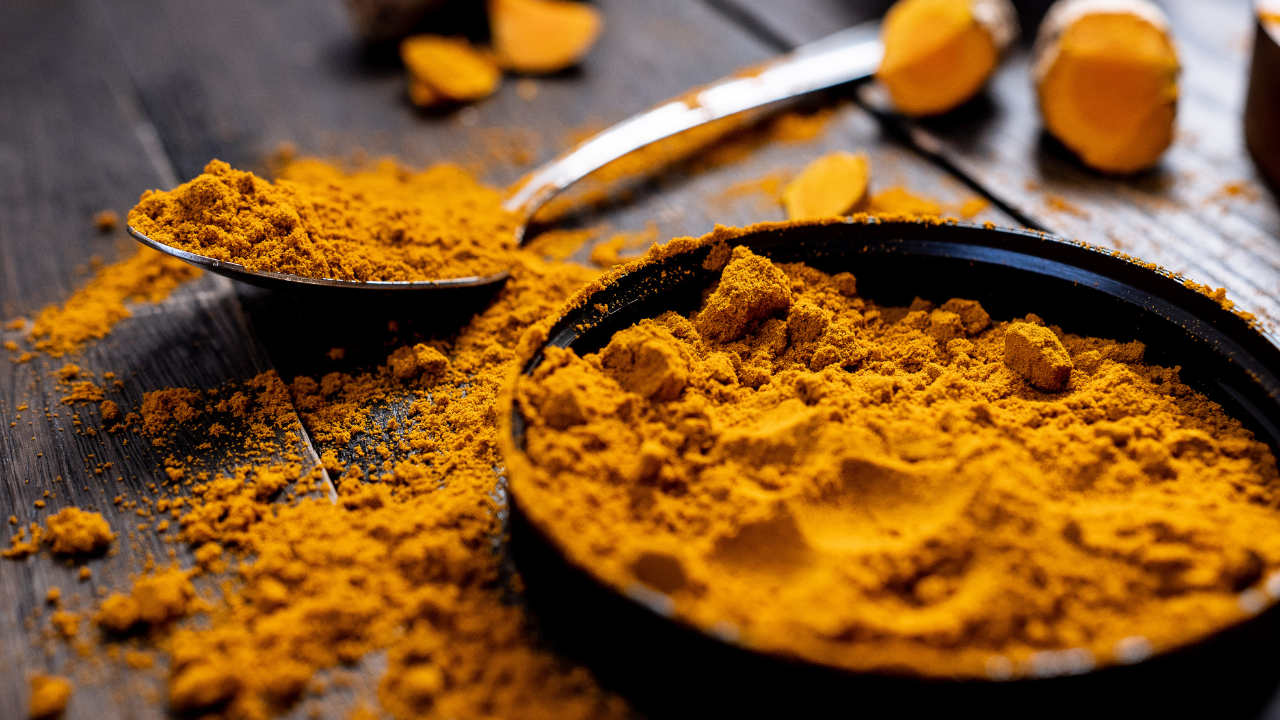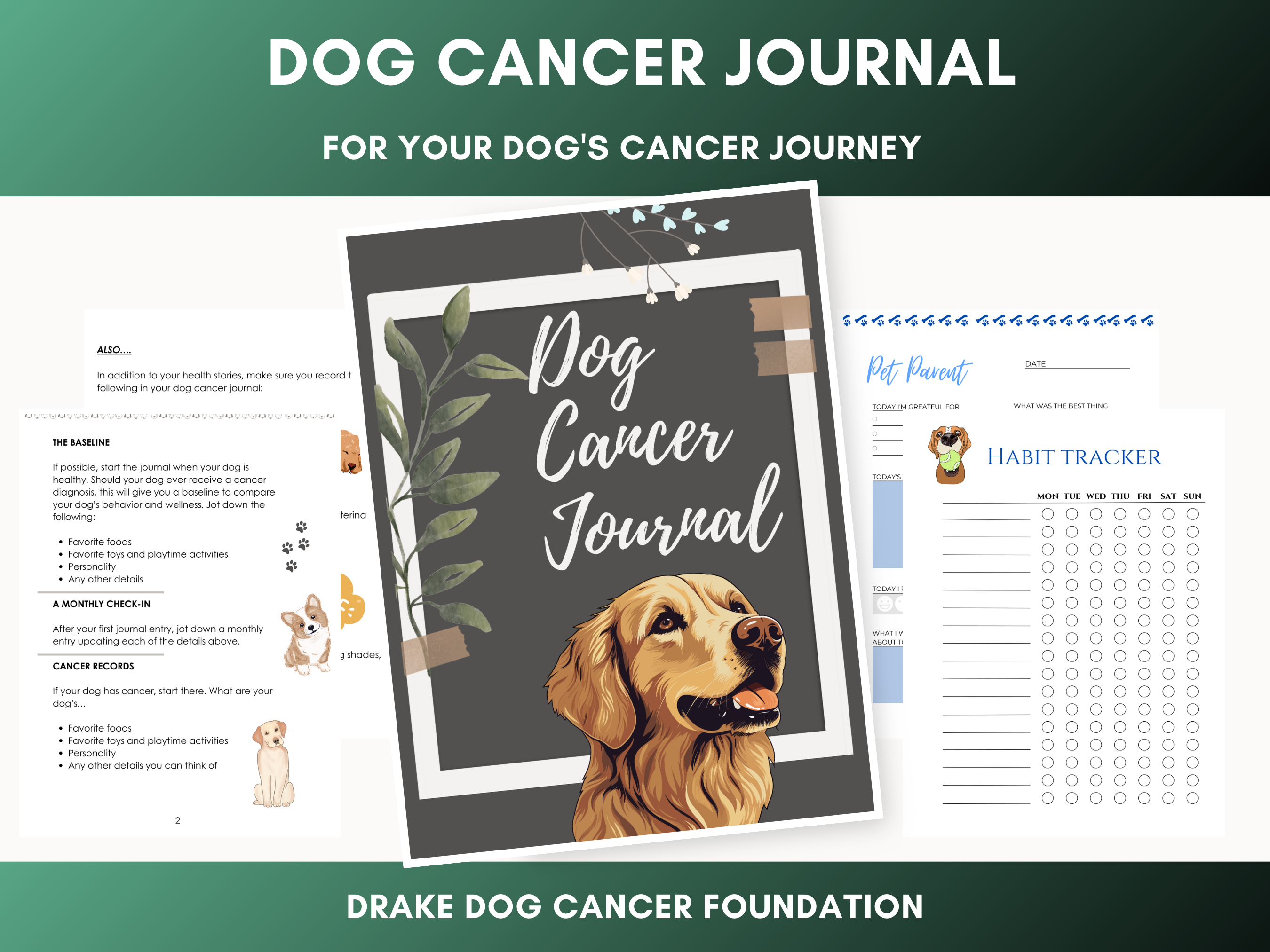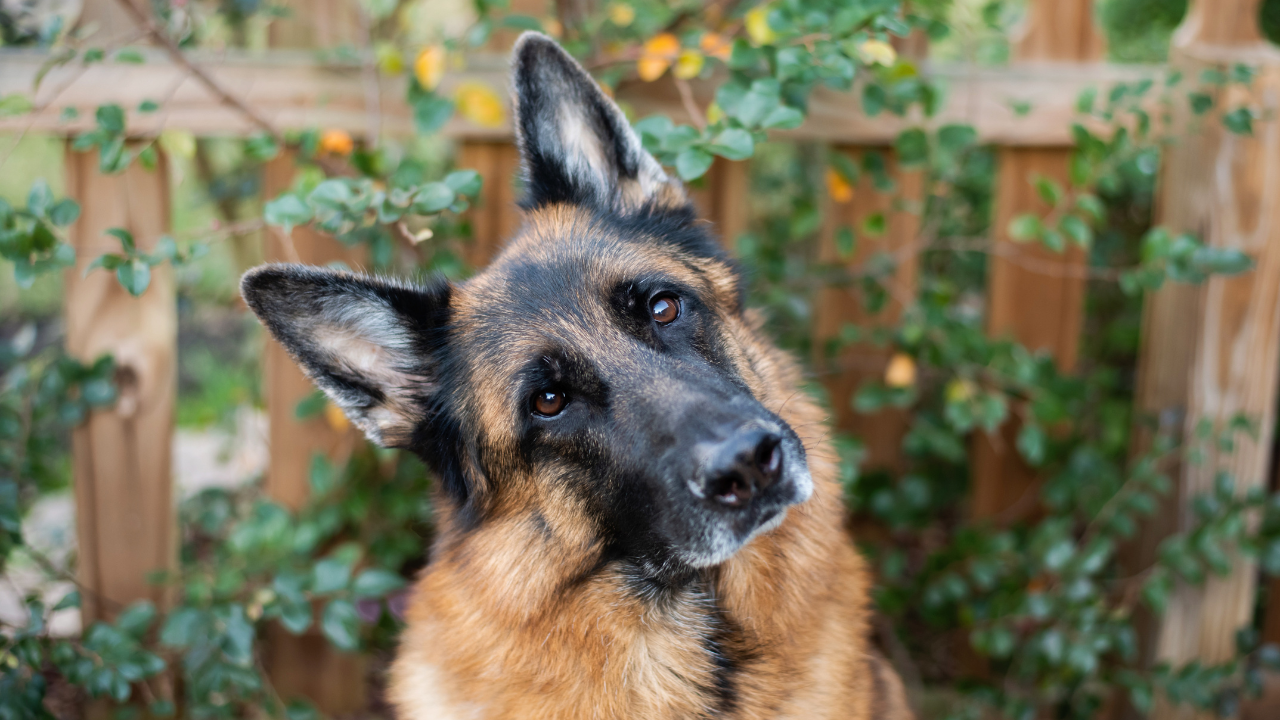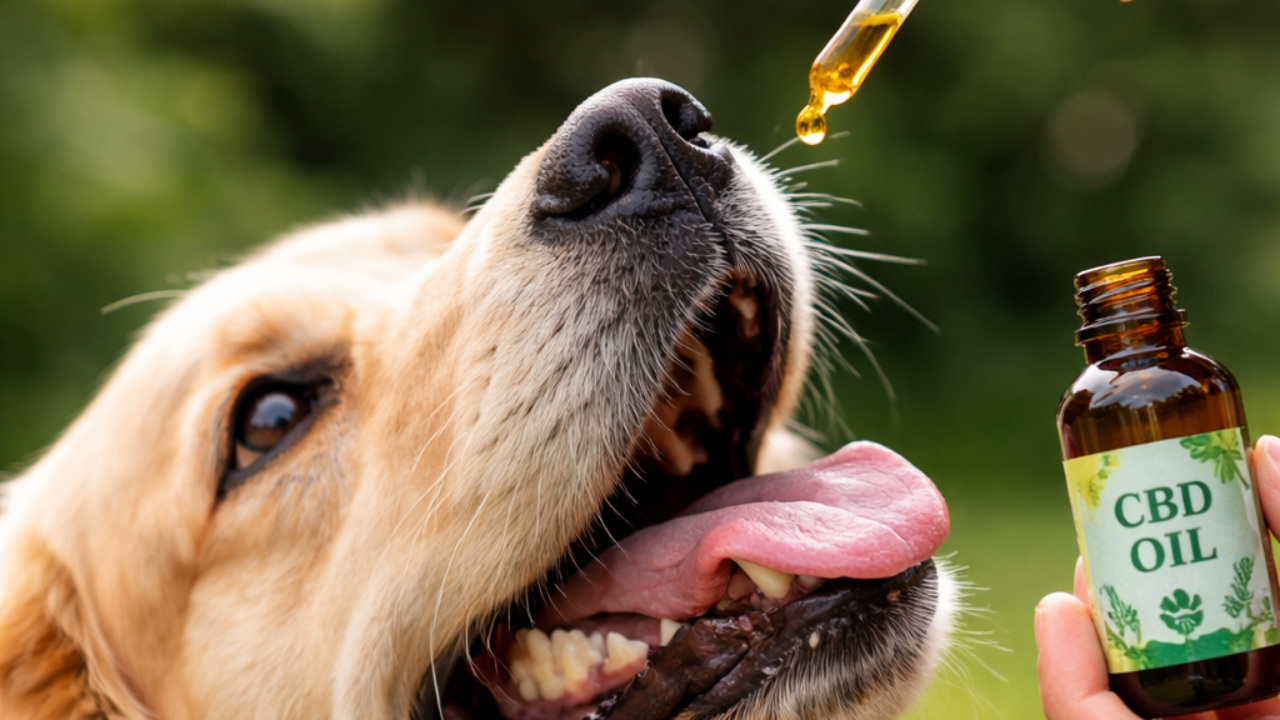The Power of Curcumin for Dogs Battling Cancer
May 07, 2025
For millennia, humans have recognized the curative potential of nature's bounty, utilizing various plants and herbs to treat an array of ailments. Among these natural compounds, curcumin - a polyphenolic compound derived from turmeric (Curcuma longa)—is gaining significant recognition for its potential anticancer effects.
While its benefits for human health are well-documented, an increasing body of evidence suggests curcumin's potential as a complementary therapy for our canine friends diagnosed with cancer.
Curcumin and Its Potential Cancer-Fighting Properties
Curcumin, the main active ingredient in turmeric, has been widely studied for its potent antioxidant, anti-inflammatory, and anti-cancer properties. Its complex molecular structure allows it to interact with various signaling pathways within cells, including those often dysregulated in cancer.
It's important to understand that cancer isn't a single disease but a collection of disorders characterized by uncontrolled cell growth and division. Through several mechanisms, curcumin may help combat this rampant cell proliferation:
- Apoptosis Induction: Curcumin can promote apoptosis, a type of programmed cell death that is often impaired in cancer cells.
- Anti-Angiogenic Effect: By limiting angiogenesis (the process by which tumors develop their blood supply), curcumin can slow a tumor's growth and spread.
- Anti-Inflammatory Properties: Chronic inflammation can contribute to cancer development. Curcumin's potent anti-inflammatory effects may help prevent cancer initiation and progression.
Curcumin for Canine Cancer: A Promising Complementary Therapy
Recent studies have investigated curcumin's potential in treating canine cancers, including osteosarcoma, lymphoma, and mammary tumors. While these studies are primarily preclinical and more extensive research is needed, the initial results are promising.
Curcumin is known for its low toxicity profile, making it a potentially safe adjunctive therapy. However, its bioavailability (the extent to which it is absorbed and used by the body) is a challenge due to its rapid metabolism and systemic elimination. To overcome this, researchers are investigating different delivery methods and formulations.
One potential strategy involves pairing curcumin with piperine, a compound found in black pepper that significantly enhances curcumin absorption. Other approaches include encapsulating curcumin within liposomes or nanoparticles to protect it from rapid metabolism, thereby increasing its bioavailability and anti-cancer efficacy.
How Much Curcumin Should I Give My Dog with Cancer?
The exact amount of curcumin to give your dog with cancer will depend on the size and breed of your dog, as well as its current condition. Generally speaking, if you're offering a dry supplement, a dose of 1/4 to 1/2 teaspoon per 10 pounds of body weight is recommended. If you have found a curcumin supplement you like though, follow the instructions on the product as a general guideline.
How Long Does Turmeric Take to Work on Dogs?
While more research is needed to determine the exact amount of curcumin needed for dogs with cancer, it generally takes several weeks of consistent use for an improvement in symptoms to be seen. However, this is where your Dog Cancer Journal comes in. Jotting down how your dog is doing each day will help you notice even the slightest difference in their overall well-being.
Always Consult with a Veterinarian
While the emerging evidence surrounding curcumin's anticancer properties in dogs is exciting, it's crucial to remember that it isn't a standalone treatment for canine cancer. Rather, it can potentially serve as a complementary therapy alongside conventional treatments such as surgery, chemotherapy, or radiation.
Before starting any new supplement or diet plan for a dog with cancer, always consult with a veterinarian. Every dog is unique, and what works for one may not work for another. Furthermore, curcumin can interact with certain medications, potentially affecting their efficacy or causing side effects.
If you’re looking for help with canine nutrition, contact a trusted canine nutritionist that specializes in raw feeding. We recommend Hannah Zulueta with Daily Dog Food Recipes. Use code DRAKE to get 5% off of any consultation. Click here to book your consult!
Research is Ongoing
Our understanding of curcumin and its potential role in combating canine cancer is expanding, thanks to ongoing research. While it's not a silver bullet, curcumin shows promise as an adjunctive therapy that could enhance the efficacy of traditional treatments and improve our dogs' quality of life.
As we continue to unlock the secrets of this powerful compound, the future looks bright for our canine companions facing the challenge of cancer.
References
Campigotto G, Alba DF, Sulzbach MM, Dos Santos DS, Souza CF, Baldissera MD, Gundel S, Ourique AF, Zimmer F, Petrolli TG, Paiano D, Da Silva AS. Dog food production using curcumin as antioxidant: effects of intake on animal growth, health and feed conservation. Arch Anim Nutr. 2020 Oct;74(5):397-413. doi: 10.1080/1745039X.2020.1769442. Epub 2020 Jun 30. PMID: 32602378. https://pubmed.ncbi.nlm.nih.gov/32602378/
Comblain F, Barthélémy N, Lefèbvre M, Schwartz C, Lesponne I, Serisier S, Feugier A, Balligand M, Henrotin Y. A randomized, double-blind, prospective, placebo-controlled study of the efficacy of a diet supplemented with curcuminoids extract, hydrolyzed collagen and green tea extract in owner's dogs with osteoarthritis. BMC Vet Res. 2017 Dec 20;13(1):395. doi: 10.1186/s12917-017-1317-8. PMID: 29262825; PMCID: PMC5738810. https://pmc.ncbi.nlm.nih.gov/articles/PMC5738810/
Kępińska-Pacelik J, Biel W. Turmeric and Curcumin-Health-Promoting Properties in Humans versus Dogs. Int J Mol Sci. 2023 Sep 26;24(19):14561. doi: 10.3390/ijms241914561. PMID: 37834009; PMCID: PMC10572432. https://pmc.ncbi.nlm.nih.gov/articles/PMC10572432/
Levine CB, Bayle J, Biourge V, Wakshlag JJ. Cellular effects of a turmeric root and rosemary leaf extract on canine neoplastic cell lines. BMC Vet Res. 2017 Dec 13;13(1):388. doi: 10.1186/s12917-017-1302-2. PMID: 29237458; PMCID: PMC5729263. https://pmc.ncbi.nlm.nih.gov/articles/PMC5729263/
Become a Dog Cancer Coach.
Transform your passion for dogs into a meaningful, heart-led career with our Holistic Dog Cancer Coach Certification—an in-depth, flexible online program designed for compassionate caregivers ready to make a difference.
Stay connected with news and updates!
Join our mailing list to receive the latest news and updates from our team.
Don't worry, your information will not be shared.
We hate SPAM. We will never sell your information, for any reason.






